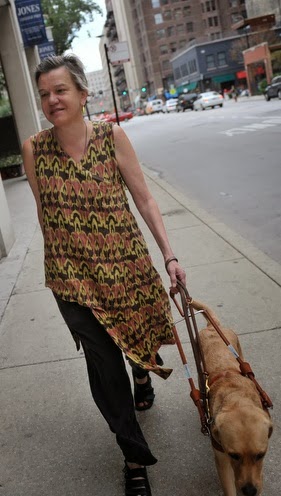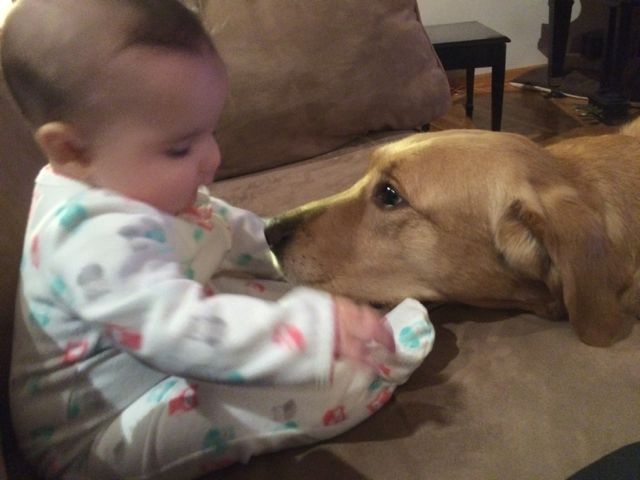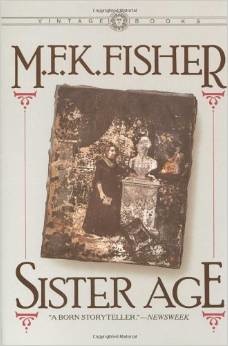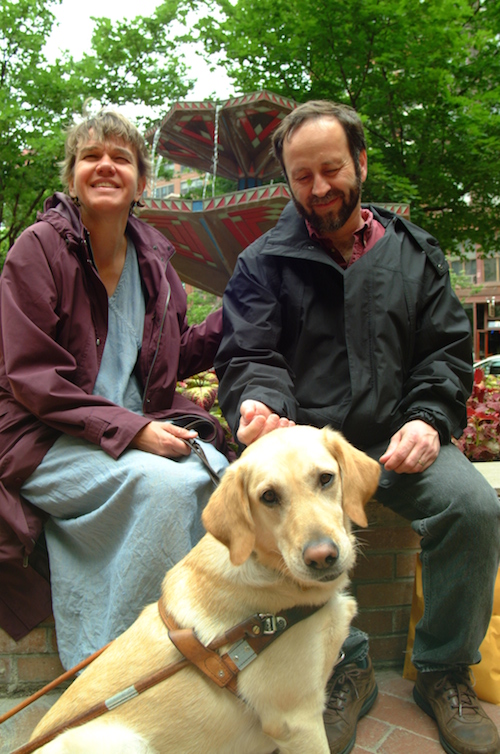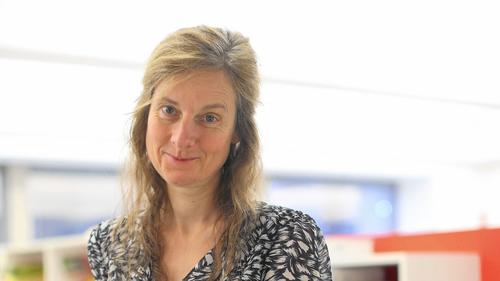Uber's policy about service dogs
December 11, 2014 • 16 Comments • Posted in blindness, guide dogs, Seeing Eye dogs, technology for people who are blind, travel, UncategorizedLast night my Seeing Eye dog and I took an Uber ride to a special “accessible” performance of the play Great Expectations. From the Victory Gardens web site:
Wednesday, December 10 at 8:00 PM
Access Services include: Audio Description, Closed Captioning, Wheelchair accessibility, free UBER Transportation
Mike wasn’t interested in going, and I’ve been curious to see how a Uber driver would react to a rider with a service dog. So gee, if the ride to the theatre would be free, last night seemed like the perfect time to try it.
Regular cab drivers are required by law to pick up people with disabilities who travel with service dogs, but since Uber drivers are independent contractors driving private vehicles, they don’t have to adhere to the Americans with Disabilities Act. The Uber web site says it like this:
We leave the decision whether or not to transport pets at the discretion of your driver. When traveling with a pet, we recommend calling your driver as soon as you’ve placed your request (tap the arrow next to your driver’s information, then “CONTACT DRIVER”) to make sure they don’t mind taking your pet.
A number of legal complaints have been filed alleging Uber discriminates against blind and visually-impaired people who use guide dogs. The cases are still pending, but in a move that is presumably related, Uber announced in September that they had launched a new platform to “train uberX partners on the necessary knowledge and safety requirements for those with accessibility needs.” People like me who might need special assistance were instructed to link to UberASSIST on the Uber app so a driver who’d been through the special training would come pick us up.
Mike took a photo of Whitney in her Seeing Eye harness standing next to me to use on my Uber account. He helped me plug in the special promo code and find the Uber ASSIST link on my talking IPhone, but I was so intent on simulating what the experience would be like on my own that I wouldn’t let him come out on the sidewalk and wait for the driver with me. “You can watch from inside the door there to make sure I get a ride, but you have to hide,” I told him.
When I heard my talking iPhone call out “Uber driver arriving in three minutes” I headed outside with Whitney and waited. And waited. And waited. Finally I heard the door to our building squeak open behind me. “He’s right there,” Mike whispered.
”But I’m blind!” I scolded back. “I want him to have to figure out how to let me know he’s here!” Just then my phone started ringing.
- Uber Driver: Beth! It’s your Uber driver. I’m here.
- Me: Yeah, so am I.
- Uber Driver: Where?
I’d been standing as tall as I possibly could, and Whitney was right at my side. Didn’t he see our photo on his app? Wasn’t it obvious I can’t see? I gave our address, the one the magic app is supposed to give to the driver, and explained that I’m blind, and I can’t see him.
- Uber Driver (sounding confused: Oh. Well, I’m right here in front of your building.
- Me: But I’m blind. I can’t see you.
- Uber Driver (still sounding confused): Oh.
- Me: Can you open the door and call out or something?
- Uber Driver: Oh! Sorry. Yeah. Okay.
My driver got out, called my name, Whitney led me to the car, opened the back door, I got in, buckled my seatbelt, called Whitney to come in to sit on the floor at my feet, and we were off
On our ride I complimented my driver’s big car, told him Whitney appreciated all the room she had on the floor, and asked him if he’d received special notice that we’d asked for an Uber ASSIST vehicle. He had no idea what I was talking about.
I spent most of the rest of the ride explaining what Uber ASSIST is, how it’s supposed to train interested drivers on the best ways to assist people with disabilities or special needs. “I’ve never heard of that,” he said, adding that he thought ithe idea was “really interesting.”
So much for Uber ASSIST. We were late for the audio tour they’d planned before the play, but the condensed audio tour the show’s actors and actresses squeezed in for me was very helpful, and the performance was absolutely wonderful. Sighted friends who met me there said they’d drive Whitney and me home afterwards, and so I told myself what the heck, Uber ASSIST wasn’t all it was cracked up to be, but at least the ride over was free.
But then I got up this morning and checked out my Uber ASSIST online receipt. I’d been charged for the ride.
